Obituary: Robert Dunton Herman
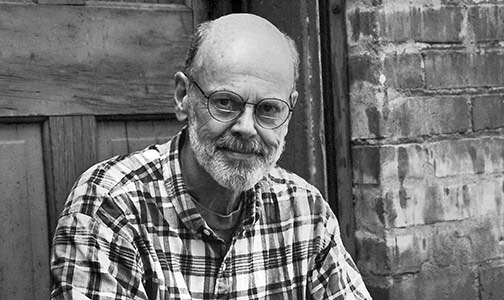
Longtime Pomona College professor, passionate urban explorer, historic preservationist
Longtime Pomona College sociology professor, railroad enthusiast, and lifelong Claremont booster Bob Herman died on April 9 of complications following a recent fall. He was 92 years old.
Robert Dunton Herman was born in 1928 in Champaign, Illinois, to parents Abbott P. Herman and Marjorie Dunton Herman. He spent most of his childhood in Hillsdale, Michigan, where his father taught sociology at the local college. And it was in Hillsdale (and especially on train trips between Hillsdale and his mother’s hometown of Dundee, Illinois) that Bob first developed the passionate love of railroads and passenger trains that stayed with him throughout his life.
During World War II, the family moved twice more: first to Tucson, Arizona, and finally to Redlands, California, where he graduated from high school. He served two years in the U.S. Navy, working as an electrical specialist on the still new technology of radar, before enrolling at Pomona College in 1948.

After a five year stint in Ames, Iowa, where he taught at the Iowa State University, the couple returned to Claremont in 1960 when he was hired to fill the seat recently vacated by his father-in-law’s retirement. A year later, the Herman family moved to the home on 10th Street, across from the Memorial Park wading pool, where they raised three children and lived together for the next 60 years.
He taught sociology at Pomona College for four decades. He ?loved teaching, served for many years as the chair of the sociology department, and was well known among fellow faculty for his warm collegiality. Above all, he was passionate about mentoring students. His genuine interest in getting to know people led him to develop friendships with many students, several of whom became lifelong friends.
Despite his allegiance to Pomona College, his advocacy for the city of Claremont frequently led him into an adversarial relationship with the Claremont Colleges. He often resisted the colleges’ periodic efforts to expand campus boundaries by encroaching into neighborhoods such as Arbol Verde, closing off public rights of way, and tearing down historic buildings. Many longtime Claremonters remember him as a frequent gadfly at Claremont City Council meetings in the 1980s and 1990s, where he advocated for the preservation of Claremont’s historic homes and buildings. He served as president of Claremont Heritage for four years.
A tall man with a long, distinctive gait and a ready wave, he was a familiar figure around Claremont. Friends and neighbors initially dubbed him the “jolly green giant” due to his habit of jogging through town in an old green sweatsuit, and later nicknamed him “ironman Bob” as he continued to run daily around Memorial Park well into his seventies. Locals also came to know him as a popular tour guide who led countless walking tours of the Claremont Colleges and the Village, during which he shared his deep knowledge of the town and region with an infectious enthusiasm.
In the late 1980s, he began taking groups of urban sociology students on bus tours of Los Angeles neighborhoods. Over time, the ?student tours ?expanded into bus and walking tours ?for alumni, faculty, and a variety of civic and professional groups. He loved cities, and he made it his personal mission to introduce skeptical suburbanites to the hidden secrets of Los Angeles and especially its under-appreciated downtown district.
The day the new Metrolink commuter train first reconnected Claremont to Union Station in the 1990s, he raced into the kitchen and announced gleefully to his wife, “This is the greatest day of my life!” He was horrified when ?acquaintances would ask, “Why would anyone want to visit downtown Los Angeles?” He responded by publishing a guidebook, Downtown Los Angeles, A Walking Guide, which he counted among his proudest achievements.? ?
He was always proud and supportive of his wife as she pursued her own professional ambitions, first as a musician and later as an actor. He loved Baroque music, and Mrs. Herman’s long career as a Baroque cellist and viola da gambist delighted him. But when she abruptly changed directions to become an actor, he shifted along with her and became her greatest booster. The couple were married for 69 years.
In addition to his wife Carol, he is survived by his sister, Eleanor Kemp of Redlands; his three children, David, Molly and Paul; their spouses; and five grandchildren.
In the last four years of his life, he received incredible care and assistance from his daily caregiver and friend, Dia Hakinna. The Herman family extends its deepest gratitude to Dia for all she did to provide him with security, comfort and true companionship.
Additionally, the family would like to thank Tina Obi of Trinity Hospice, who guided him ?and his family ?through his final weeks with deep compassion and ?grace.
Details of an eventual memorial service will be announced when Covid restrictions allow.



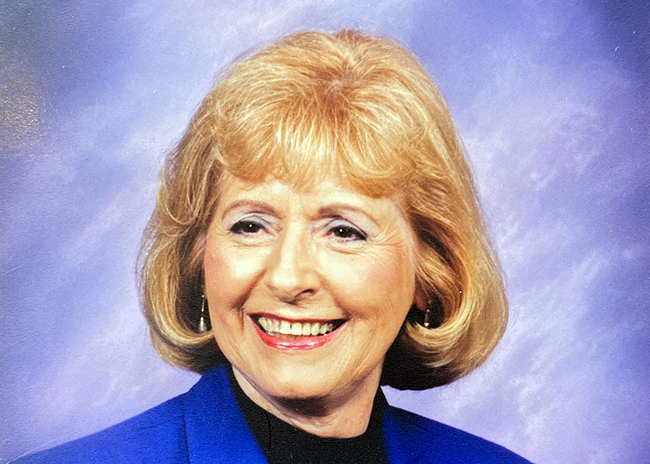
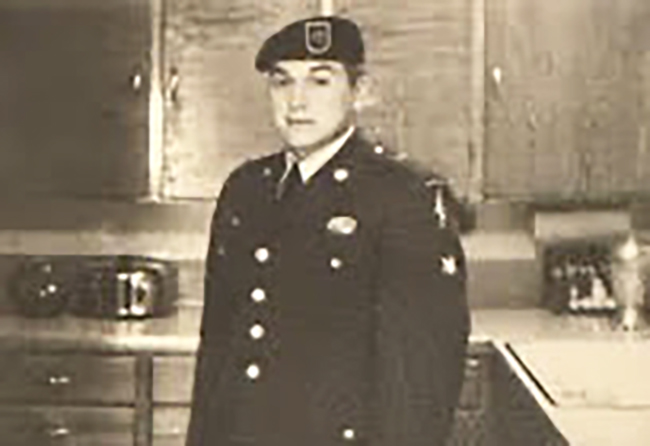
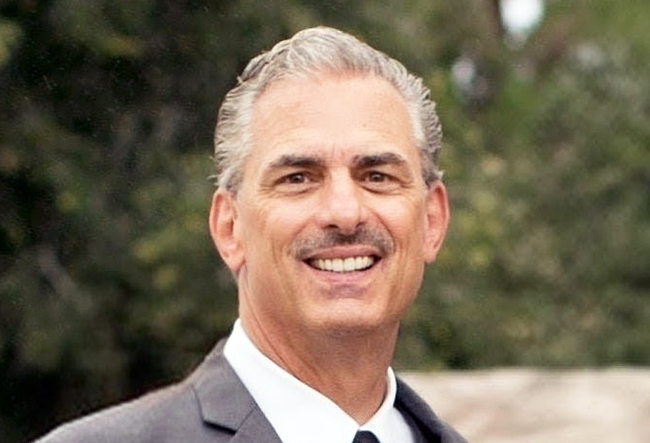
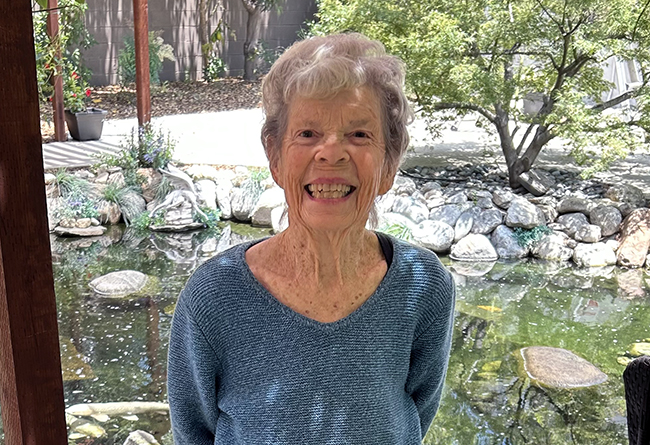

0 Comments